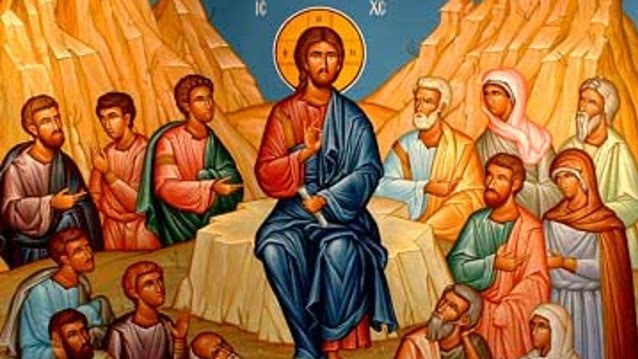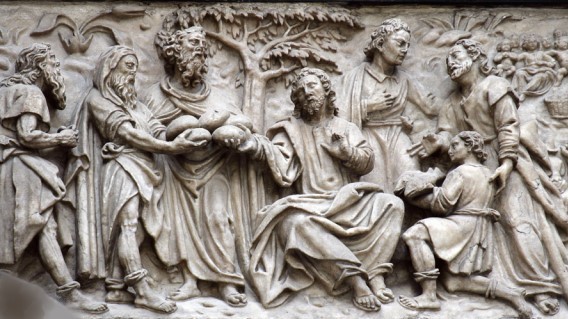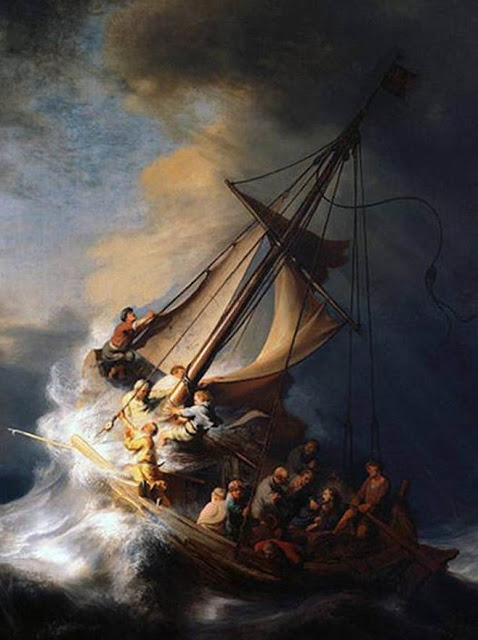Homily for the 3rd Sunday in Lent, March 12, 2023, Year A
Fr. Charles Irvin Diocese of Lansing ( Click here for Sunday’s readings ) If you’ve heard the soundtrack for the Broadway show Les Misérables you may remember a song sung by Fantine that is a lament. She sings a sad song to her lost youth, her lost innocence, her lost beauty. It reflects a song many of us have in our hearts as she sings: "I had a dream that life would be So different than the hell I’m living, So different now than what it seemed, Now life has killed the dream I dreamed." Once upon a time, way back in my early twenties, my heart was full of a song like that. I thought I wanted to die, my life would never be happy again. What causes us to sing a song like that, to be filled with despair? What murders our dreams? And what, perhaps, is killing your dreams – or the dreams of someone you know and love? The first reading in today’s Mass, the reading from the Jewish Testament’s Book of Exodus, presents us with a whole tribe of people feeling that







.jpg)

